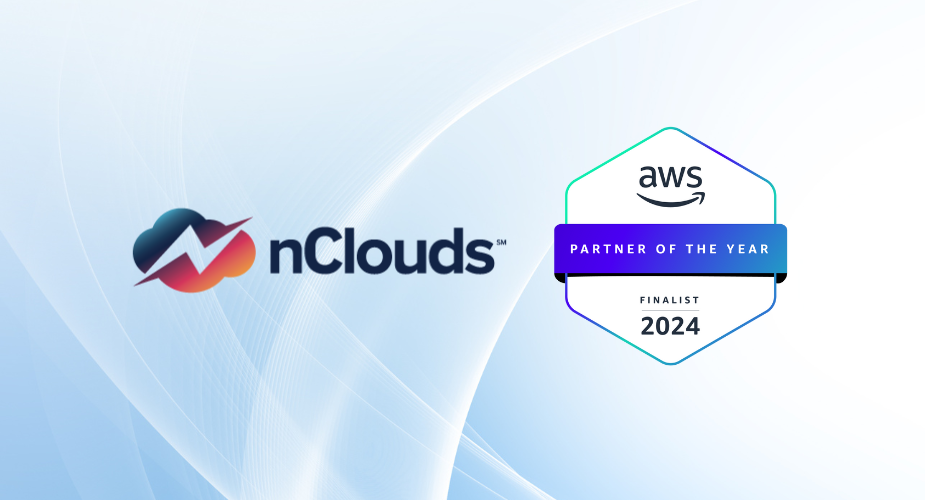As companies flock to the cloud, keeping a tight grip on cloud costs becomes a make-or-break element of their broader game plan. Research suggests 60 percent of organizations will encounter public cloud cost overruns, and half of all CEOs are very or extremely concerned about the growing expenditures of the cloud.
FinOps is an optimization methodology that combines financial management, technical optimization, and cloud governance to help businesses maximize the value of their money spent on Amazon Web Services (AWS). In short, AWS FinOps can help organizations boost their value by optimizing their AWS costs and usage.
In this article, we’ll discuss the seven ways organizations can benefit from FinOps solutions and maximize their business value.
1. Cost Optimization: Identifying Areas for Optimization
One of the most significant and obvious benefits of AWS FinOps is its ability to optimize costs. One survey estimated that 30 to 35 percent of all cloud spend by enterprises was being wasted.
Through an AWS FinOps optimization, organizations can identify areas where they can streamline AWS usage and reduce unnecessary spending. This can result in significant cost savings, allowing organizations to invest those savings back into their business.
2. Better Visibility: Gaining Insights into AWS Usage and Costs
For organizations lacking visibility into their AWS usage and cost, an AWS FinOps optimization can provide much-needed insight. For example, some businesses may lack the resources to effectively monitor their AWS usage, while other businesses with multiple AWS accounts and workloads may find it difficult to gain a birds-eye view of their AWS usage and cost.
By gaining better visibility into their usage and costs, organizations can identify areas where they can efficiently integrate and manage AWS accounts and usage. This can help businesses make informed decisions about their AWS environment, resulting in improved efficiency and cost savings.
3. Cloud Growth: Optimizing Usage as Businesses Scale
As businesses grow and their AWS usage increases, managing the changes can become more challenging. When businesses grow, they may need to manage larger volumes of website traffic, store and process larger amounts of data, and support a growing number of users and customers—all of which will mean a greater AWS usage.
AWS FinOps can help organizations maximize AWS efficiency as they scale. This can involve implementing cost optimization strategies, such as using reserved instances, monitoring usage and costs, and implementing automation to optimize resource usage. FinOps allows businesses to continue to grow while keeping their AWS costs under control.
4. Regulatory Compliance: Ensuring Compliance while Managing Costs
Compliance with industry standards and regulations is critical for many organizations. In fact, 50 percent of organizations report spending 6–10 percent of their revenue on compliance costs. This issue is particularly important for businesses in highly regulated industries, such as healthcare or finance, where compliance requirements are strict.
AWS FinOps can help businesses ensure regulatory compliance while managing costs. Implementing security and compliance best practices—such as configuring security policies and permissions, encrypting data in transit and at rest, and monitoring and logging all activities to ensure compliance—is one way FinOps can help ensure compliance while optimizing costs.
5. Mergers and Acquisitions: Optimizing Resources and Integrating AWS Accounts
During a merger or acquisition, optimizing resource usage and reducing costs can be a significant challenge. Some of these changes could include integration of AWS accounts, migration of data, consolidation of resources, re-architecting of applications, or budget reductions.
AWS FinOps can help organizations reduce AWS costs through optimized usage and integration. This can result in a smoother transition and cost savings for the organization.
6. Specialized Expertise: Leveraging the Expertise of an AWS FinOps Team
Managing AWS costs and usage involves understanding the complexities of the AWS pricing model, which includes a vast array of pricing options—such as on-demand, reserved, and spot instances—as well as various storage and data transfer options. It also requires a deep understanding of the organization’s cloud architecture and usage patterns.
For organizations lacking this expertise, an AWS FinOps optimization like nClouds can provide significant benefits. By leveraging the expertise of an AWS FinOps team, organizations can efficiently integrate and manage AWS accounts and usage.
7. Focus on Core Business: Enabling Optimization while Remaining Focused on Customers
Finally, an AWS FinOps optimization can help businesses focus on their core business and customers by allowing them to offload the management of AWS costs and usage to a specialized team.
By enabling optimization and cost savings, organizations can offset engineering resource constraints and deadlines for products and features. This can result in faster delivery of products and features and improved customer satisfaction.
Overall, businesses can achieve significant cost savings and improved efficiency with FinOps. If you’re looking to maximize your AWS business value, AWS FinOps is a solution worth considering.
nClouds is an AWS Premier-Tier Implementation Partner that specializes in helping organizations upgrade and manage their cloud infrastructure. The nClouds FinOps program is designed to maximize your AWS spend with better cost management, analysis, allocation, and cloud optimization tools. Contact us to learn more and get started with a free FinOps Rapid Diagnostic.


